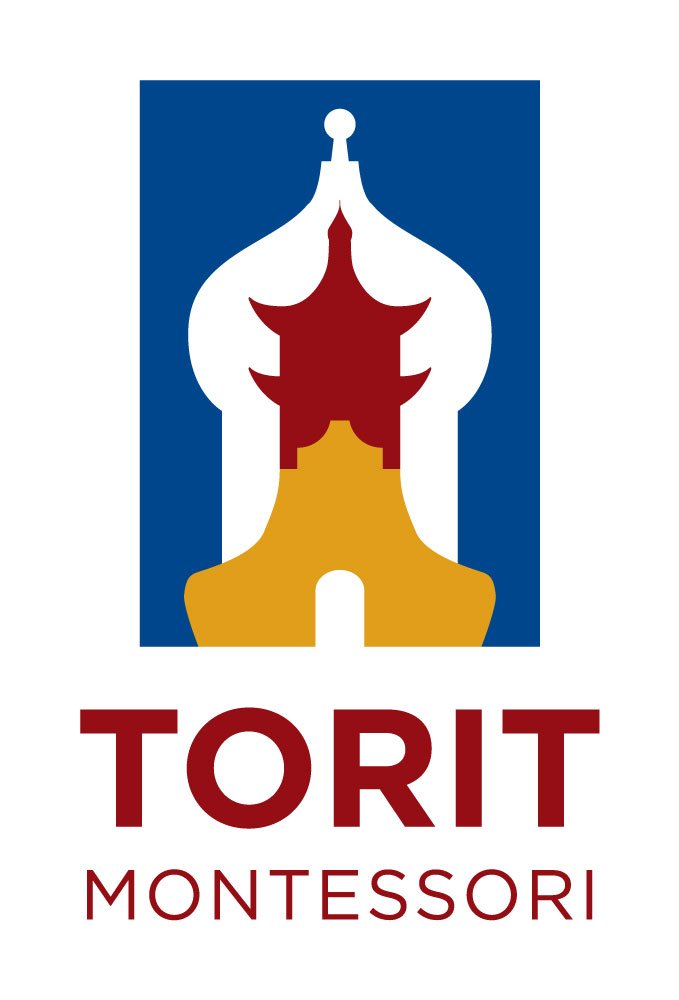On April 3, 1968, Martin Luther King was in Memphis, Tennessee along with Ralph David Abernathy, Andrew Young, and James Orange, among others. This photo captures the moment when authorities tried to stop a planned march. Tragically, Dr. King was assassinated the next day.
Growing up in Atlanta, I was aware of this history, because these were real people to me. Abernathy’s son was a high school classmate. Young was the mayor of the city, later to be UN Ambassador. Orange’s daughter, Jamida, became my dear friend after we met in college.
Jamida went by “OJ,” and OJ and I quickly bonded over being displaced Southerners in the hinterlands of Vermont. At breaks, we would fly home to Atlanta. OJ would go to the south side of the city, the predominantly Black part of town. I would go to Buckhead to the north. All white. But over the years, OJ became a guide to my own hometown. She hosted me at Sunday services at Antioch Baptist Church. She took me to the King Center for Nonviolent Social Change, where she introduced me to “Aunt Coretta.” OJ invited me to sit in on a meeting facilitated by her father at a random apartment complex. The meeting, it turned out, was with warring factions of the Crips and Bloods, LA street gangs that had flown into Atlanta to talk. I started to get an education that gave me glimpses into different worlds. Most powerfully, I learned what it felt like to stand out in an otherwise homogeneous group. That’s given me perspective, empathy, and appreciation for difference. It makes me see how far we’ve come, and how far we still need to go.
As we pause to consider King’s legacy on Monday, I’m pleased that Torit students walked to sing at “The Embrace” on Boston Common with visiting author Glynette Scott. Her book, The Day I Marched With Martin: A Day To Remember, is a reminder that real people, famous and unknown, make history, sometimes adults, sometimes kids. At Torit we endeavor to inspire children to treat others with grace and courtesy. Respect, kindness, and goodwill are part of the school’s core values as well.
My hope is that this school, with its diverse students and staff, can be a “beloved community,” a place where everyone is cared for and valued. The concept is not an historical artifact or a phrase from another time period, but an aspiration. I hope that as a school, we can embrace community across differences and find what unites us. We inhabit different worlds and, at the same time, a shared world. I continue to find hope in the world we build at Torit.
Onward,
David Liebmann
Head of School
